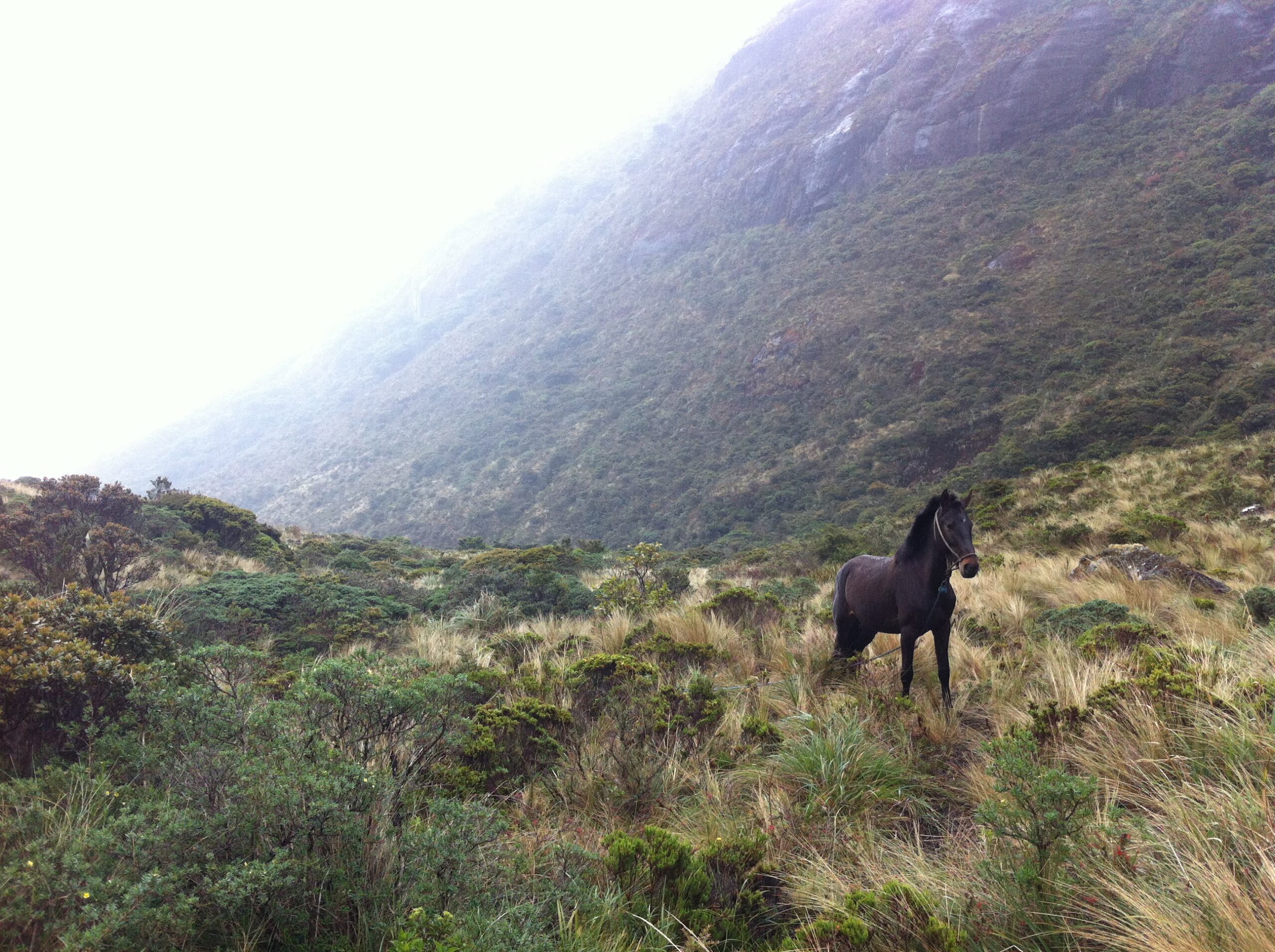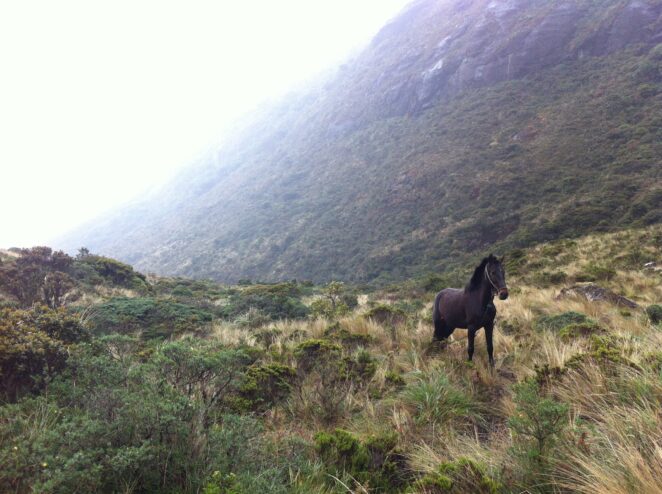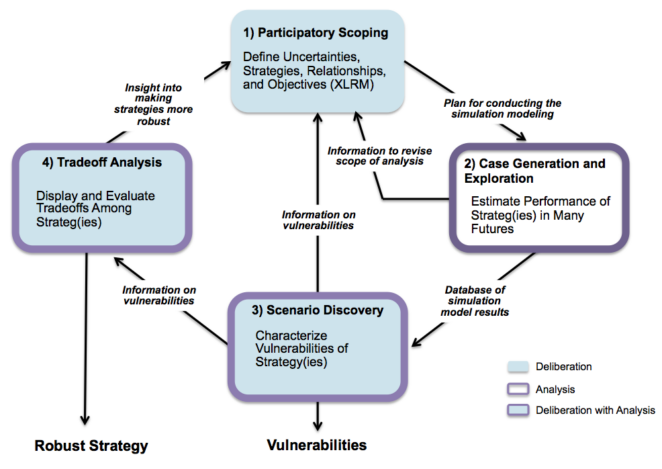Case-study /
Partnering for Adaptation and Resilience – Agua – Chira-Piura, Colombia


Peruvian Paramo. Photo curtesy of Nicholas Depsky.
PARA-Agua – Chira-Piura
The project Partnering for Adaptation and Resilience (PARA-Agua) or “For Water” recognizes that climate change is negatively impacting water resources, agriculture and ecosystems in the Latin America and Caribbean (LAC) region. Increasing temperatures are altering hydrological cycles, affecting crop productivity and biodiversity, changing ocean currents, and causing more frequent and extreme weather events, leading to more intense flooding and drought. Andean glaciers and páramos, vital sources of fresh water for tens of millions of people, are under severe threat. While downstream communities depend on shrinking glaciers and degrading páramos for potable water, agriculture and hydro-power, there is no scientific consensus on how climate change will alter these sources. Policymakers, researchers and water resources managers across the LAC region urgently need assistance in adapting to the impacts of climate change and help reduce vulnerability, strengthen resilience and build adaptive capacity.
PARA-Agua uses the Robust Decision Support (RDS) framework (see figure below) to define, examine and evaluate future development scenarios to produce solutions that will be robust over a variety of uncertain futures. As part of the framework, PARA-Agua gathers information from stakeholders in the Chira-Piura Basin of Peru. Using the XLRM process, the stakeholders consider the challenges, opportunities, pathways and goals for future development and regional water security. PARA-Agua is constructing a basin WEAP model, and through an iterative process with the stakeholders, has identified and characterized policy strategies for examination. Ultimately WEAP’s analysis will enable stakeholders to quantitatively assess which strategies are most promising in the face of their most concerning uncertainties. Armed with this information, PARA-Agua will then seek to help stakeholders identify and apply for financing to pursue implementation for the strategies.
Following the modeling implementation and stakeholder meetings, two of the originally proposed strategies (soil conservation and reforestation) appeared ineffective according the metrics the participants selected. Of the remaining strategies, the strategies for improved irrigation efficiency and improving the Poechos Dam both showed extensive positive reductions of vulnerability for the basin. Additional WEAP modeling and stakeholder review will finalize which strategies to pursue.
This project is currently underway and results will be shared on an ongoing basis. Please email contact persons below for more information.
Robust Decision Support Framework

The RDS Framework guides projects through iterative processes in which stakeholders participate in defining the explorations and modelling.
